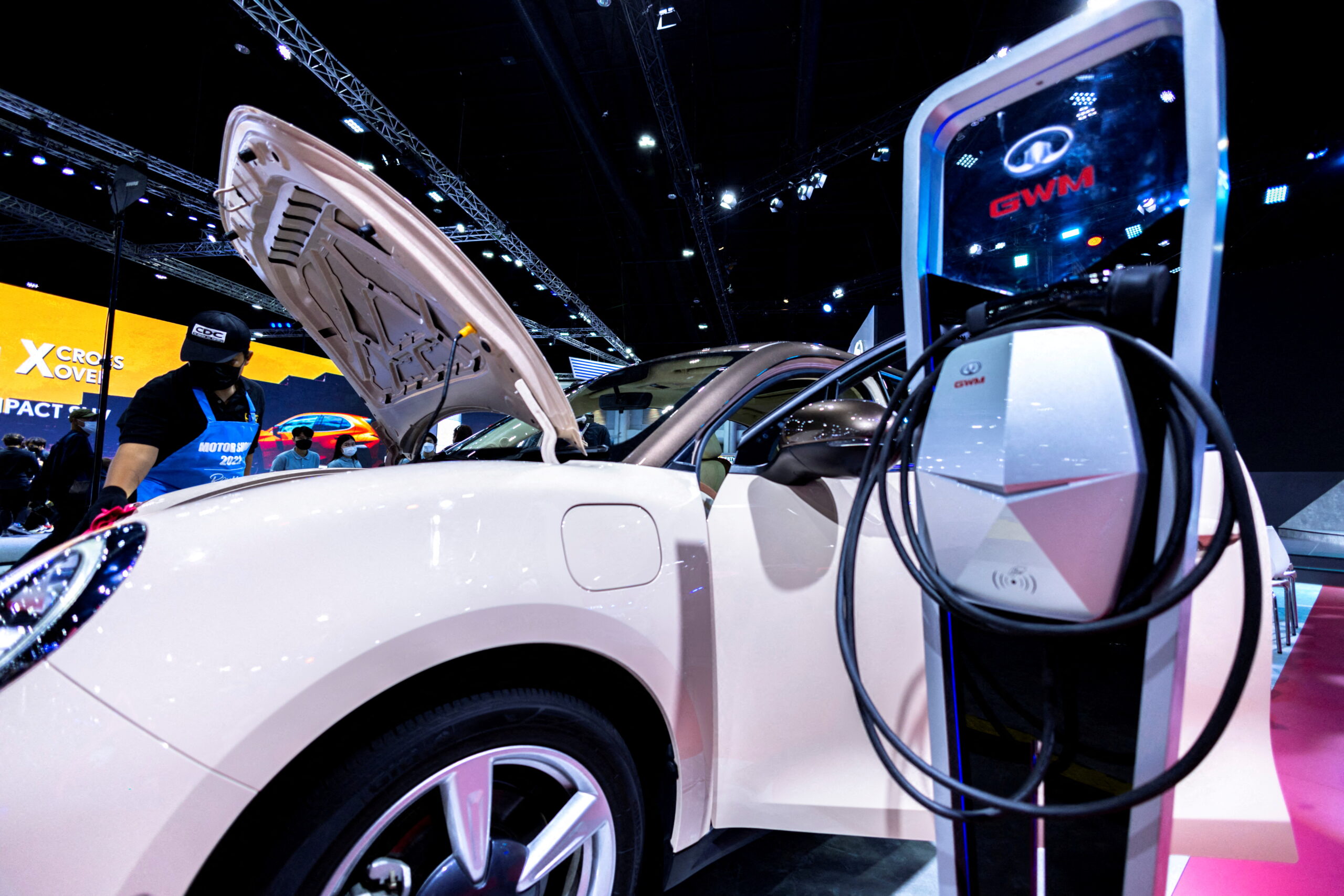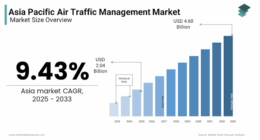Thailand Boosts EV Incentives Amid Japan-China Auto Showdown
Thailand’s Bold EV Strategy
Aiming for Southeast Asia’s EV Hub
Thailand is doubling down on its ambition to become Southeast Asia’s electric vehicle (EV) powerhouse, introducing enhanced tax incentives to counter a 25% drop in auto sales and fierce regional competition. The new policies, effective from early 2026, aim to attract both Chinese and Japanese automakers, solidifying Thailand’s role as a global EV manufacturing leader.
Expanded Incentives for All EVs
Catering to Hybrid and Electric Models
The Thai government has broadened its incentive program to include hybrid electric vehicles (HEVs), plug-in hybrids (PHEVs), and mild hybrids (MHEVs), alongside battery EVs (BEVs). This strategic expansion seeks to balance the interests of Japanese automakers, who lead in hybrid technology, with Chinese manufacturers dominating BEV production, fostering a competitive yet inclusive market.
Chinese Automakers Gain Ground
BYD and Others Drive Investment
Chinese EV giants like BYD, Great Wall Motor, and GAC Aion have invested over $3 billion in Thailand, establishing factories to capitalize on tax breaks and a strong local supply chain. With Chinese brands holding an 80% share of Thailand’s EV market, their aggressive expansion challenges Japan’s historical dominance in the region’s auto industry.
Japan’s Hybrid Advantage
Toyota and Honda Adapt to EV Shift
Japanese automakers, including Toyota and Honda, are leveraging their expertise in hybrids to stay relevant, with plans to produce electric pickups and hybrids locally. However, their slower adoption of fully electric BEVs has allowed Chinese competitors to gain a foothold, prompting Japan to rethink its strategy to maintain market share.
Building a Robust Supply Chain
Localizing EV Production
Thailand’s Board of Investment (BOI) emphasizes local manufacturing, requiring EV makers to produce 1.5 vehicles domestically for each imported unit to qualify for incentives. With over 2,000 auto parts suppliers and 92% local sourcing for Japanese pickups, Thailand’s established supply chain supports its goal of exporting 30% of its 2.5 million annual vehicle production as EVs by 2030.
Challenges in a Price War
Economic and Consumer Hurdles
Despite EV sales projected to hit 100,000 units in 2025, a 40% increase, Thailand faces challenges like high household debt and tightened bank loans, dampening demand. A looming price war, fueled by Chinese manufacturers’ discounts, could strain the industry, but exports to ASEAN and beyond may ease oversupply concerns.
Thailand’s EV Future
Balancing Competition and Growth
Thailand’s EV push, backed by tailored incentives and a focus on localization, positions it as a battleground for Japan-China auto rivalry. By fostering collaboration with both powers, Thailand aims to maintain its status as the “Detroit of Southeast Asia,” driving economic growth and sustainable mobility in the region.









